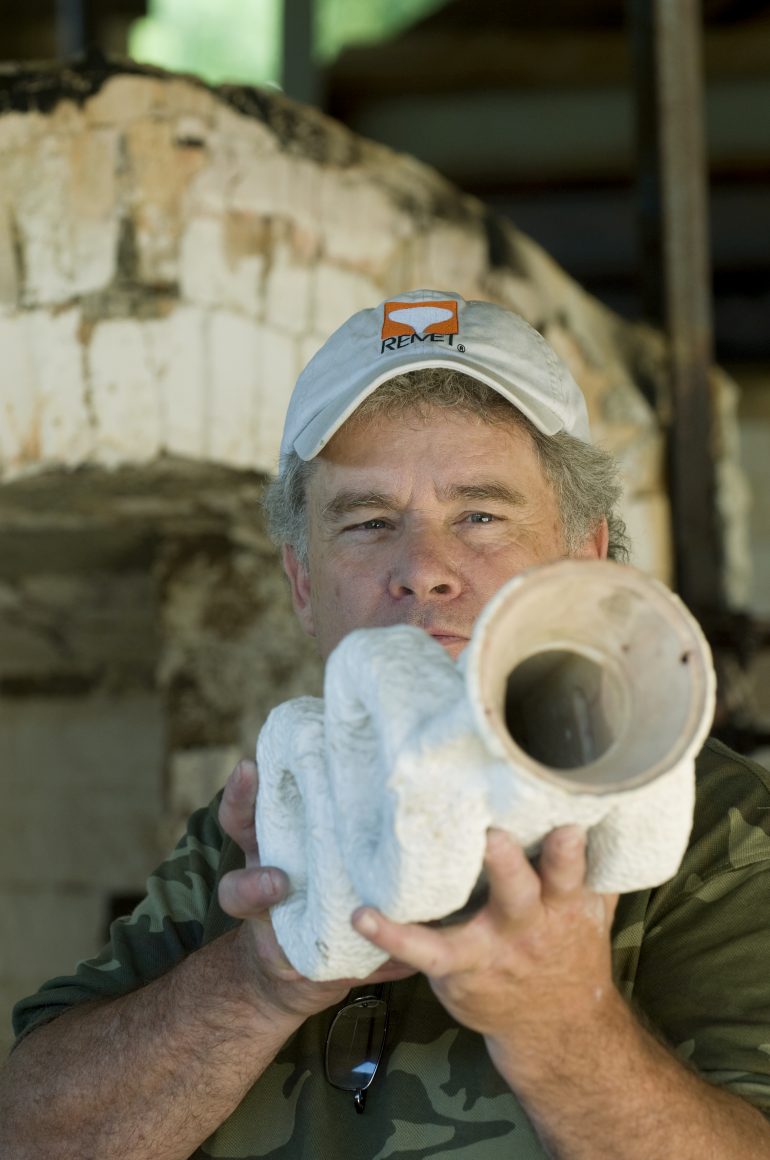McGuire (in conjunction with Eric Hellstrom) discovered a way to utilize 3D printing technology to make the casting mold necessary to begin the casting process. Using 3D printing to create the casting molds ended up being both faster and less wasteful than previous methods.
In the early stages of developing the technology, McGuire and Hellstrom were in need of an industry partner to further commercialize their work and put it to practice. They eventually connected with Jack Ziemba of Aristo Cast, a foundry in Michigan. Through the alliance, Ziemba has gained the ability to do what was previously weeks’ worth of work in just days, while McGuire gained a spokesperson for his technology and valuable insight into the foundry industry in which he wanted to continue improving upon.
While the initial 3D printing technology has already greatly improved the efficiency of casting mold creation, the foundry industry is growing in both size and need, which is exciting for potential future innovation. 3D printing in itself is constantly evolving, and McGuire sees paring the two together as a continually unique challenge. His last few years at Whitewater have been dedicated almost exclusively to research, and he is very thankful to have had the opportunity continue developing the printing technology to its highest potential. He credits WiSys as an instrumental component to his research through both monetary assistance and industry expertise, and says the help connecting him with interested parties throughout the foundry industry has been invaluable.
McGuire’s biggest takeaway and piece of advice from his time developing the technology is the importance of forming a relationship with the people in the industry, and gaining mutual trust and respect so both parties can benefit from each other’s strengths and efficiency.

